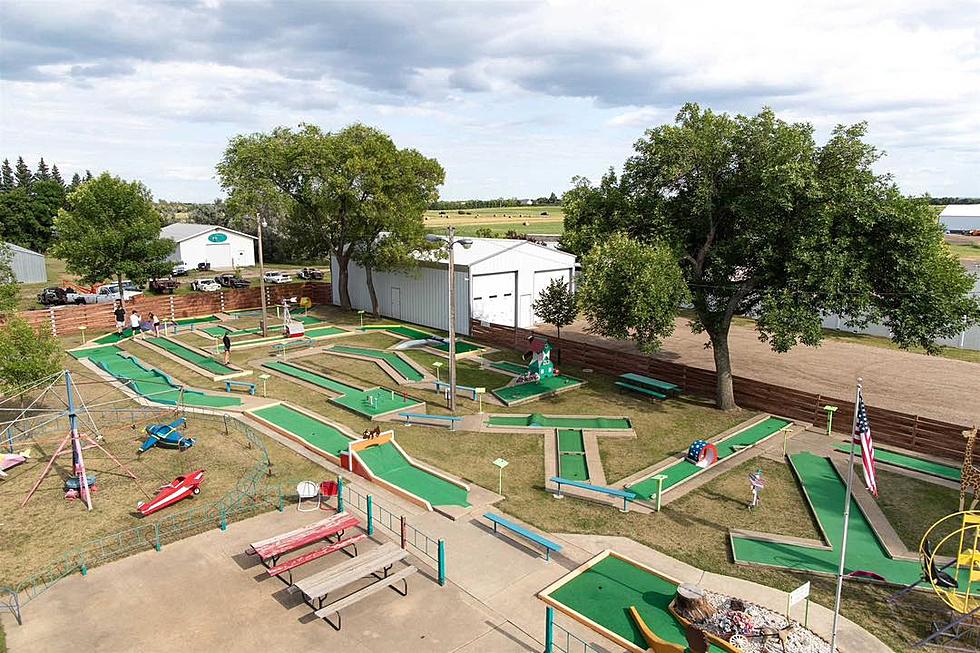
Leaders Investigate Building a Central Minnesota Camel Milk Dairy
ST. PAUL (WJON News) - Can Camels be raised as dairy animals in Minnesota? The University of Minnesota Extension believes they can.
Partnering with a group of Somali leaders in St. Cloud, Serdar Mamedov, extension educator, has been looking at the feasibility of a camel milk dairy in Central Minnesota.
Halal foods, foods permissible under Islamic Law, are difficult to find, and camel’s milk is selling for more than $12 per pint. Meat products, specifically goat meat, are only available frozen, and then usually from foreign countries like Australia and New Zealand.

The group took a tour of a camel milk operation in Colorado and discussed the unique challenges of creating a dairy.
This is the beginning of our journey. My role as an extension educator is to listen to the community, so we brainstormed ideas (about) what can be done. So we were able to locate this great farm in Colorado, establish a relationship, (and) arrange our trip there. The farmer was very welcoming, and our community partners, Somali community partners, were very happy to see this operation in place.
Using that information, the University of Minnesota Extension has developed a feasibility study for halal foods in Minnesota for use by any producers looking to start, or expand, their operation.
Camels produce less milk than a traditional dairy cow, adding to the supply challenges. Shoppers searching for camel’s milk can pay more than $12 per pint.
The group would like to bring a Halal foods supply chain into Central Minnesota, home to an estimated 76,000 people of Somali descent.
This is a very big issue for our community. First of all, it's not available in all stores. But also it is very expensive. So I think that's one of the issues that we may face - how can we bring this product to Minnesota and make it available at the price that is available for the larger community?
Somali leaders would like to see a larger supply chain of halal foods from Central Minnesota and are working with the University of Minnesota to develop programs and guidelines for producers and processors looking to provide halal foods.
Feasibility studies on halal food production are available on the University of Minnesota Extension’s website.
READ RELATED ARTICLES
- NDSU Announces Tuition Waiver for MN Students
- U of M Campus Voted Least Fashionable
- Man Charged After Incident at Minnesota Nudist Resort
Come Visit St. Martin, Minnesota with us in Pictures
More From 98.1 Minnesota's New Country









